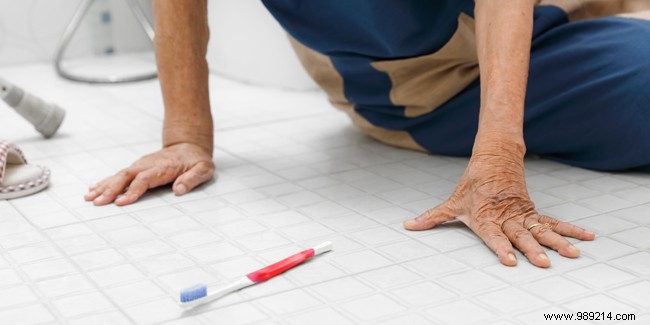
Every year, nearly 11 million people suffer injuries from household accidents. Of these, 4.5 million visit the emergency room, and 500,000 require hospitalization. In France, domestic accidents rank as the third leading cause of death, claiming 20,000 lives annually. They are tragically the number one cause of death for children under 15, who—along with seniors—are most at risk. As safety experts, we emphasize prevention through simple, effective habits to safeguard your home. Below, we outline the top 10 most common household accidents with practical prevention strategies.
Household accidents fall under everyday life accidents (incidents not occurring at work or on the road). Ranging from minor scratches to severe mobility loss or even death, they are defined by their location: inside the home or its immediate surroundings.
These unintentional injuries (TNI) include traffic accidents and workplace incidents but extend beyond domestic ones to:
Annually, they cause 40,000 deaths and millions of ER visits, costing billions in healthcare.
Note: Suicides, assaults, and drug side effects are intentional and excluded.
Here's our expert-ranked list of the top 10, with evidence-based prevention tips. While not exhaustive, addressing these covers most risks.
Falls top the list, causing 80% of everyday accidents in those over 65 and 60% in children under 15. Children's falls are often minor, but they can be fatal for seniors.
Prevention tips:
Common in young children from mouthing small objects; a leading cause of infant mortality, though rates are declining.
Prevention tips:
Top summer killer for kids: Just 20 cm of water and seconds can be fatal. Watch for delayed "dry drowning" up to 48 hours later—seek ER care immediately.
Prevention tips:
Often food-related, but medication errors/overdoses affect seniors.
Prevention tips:
27% occur in kitchens; 25% involve kids aged 1-5 from hot spills.
Prevention tips:
From knives, tools, or scissors—often to hands; severe cases need ER.
Prevention tips:
Doors catch children's fingers most.
Prevention tips:
Pets can bite, especially kids who roughhouse.
Prevention tips:
Mosquitoes are minor; wasps/hornets can be serious.
Prevention tips:
Sockets, cords near water—often fatal despite protections.
Prevention tips:
While most incidents aren't life-threatening, 20,000 deaths yearly (55 daily) underscore the stakes—especially as the #1 child killer under 15. Many are preventable with vigilance. Never leave kids under 5 alone; teach safety daily. Download Public Health France's "Protect Your Child from Domestic Accidents" brochure for more expert guidance.